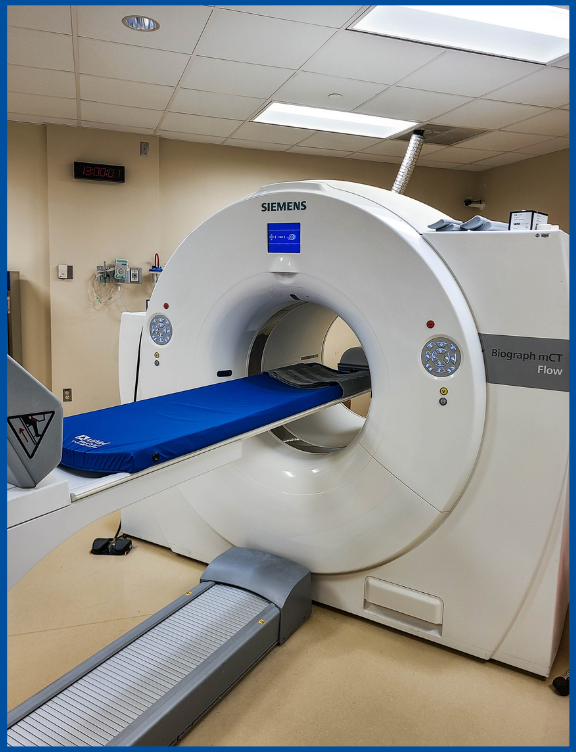- Understanding Alzheimer’s Disease: Alzheimer’s is a brain disorder that gradually destroys memory and thinking skills, involving complex changes such as the buildup of toxic proteins, neuron loss, and synapse degradation.
- Early Detection of Amyloid Build-Up: Amyloid, one of the earliest proteins associated with Alzheimer’s, can begin accumulating in the brain more than a decade before any memory or thinking issues appear.
- Objective of the Study: Our study aims to identify early changes in the brain that could lead to Alzheimer’s disease before toxic proteins accumulate and neurons are lost, potentially paving the way for early prevention strategies.
- Imaging Techniques Used: We use positron emission tomography (PET) scans combined with two radiotracers, 15O-H2O and (R)-11C-verapamil, to observe brain functions at a chemical level.
- Future Prevention Potential: By detecting these early changes, we hope to develop methods to prevent Alzheimer’s disease before symptoms appear, possibly reversing or reducing harmful changes in the brain.
What’s involved?
Participants will receive two (2) Positron Emission Tomography (PET) brain imaging scans in a single session. Participants will also have blood draws taken.
- Contribute to the advancement of Alzheimer’s disease research.
- Receive compensation up to $650.
- Transportation to and from visits will be provided as needed.
This is a research study and does not provide diagnostic information or clinical treatment.
Study Facilities
PET/CT imaging scans will be done in the University of Pittsburgh PET Research Center, located on the 9th floor of UPMC Presbyterian Hospital.

